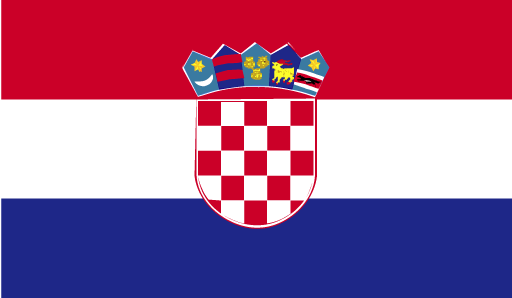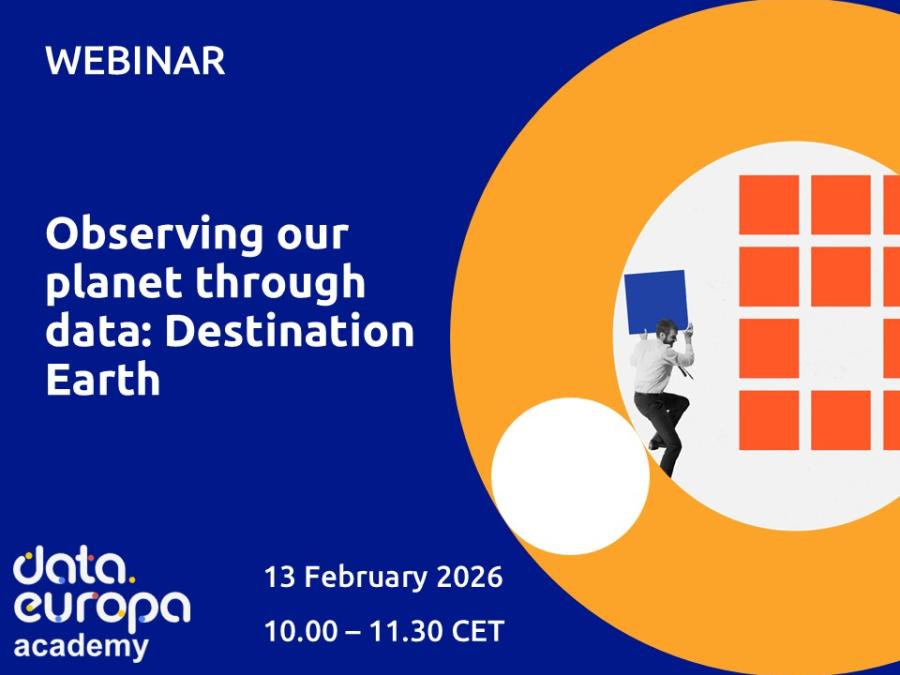Croatia

Blogs from: Croatia
There are currently no Blog articles
Use cases in: Croatia
The platform allows parents to find and compare kindergartens in the city of Zagreb. Users see a map where they can search for kindergartens in specific locations, kindergarten programs, or other themes. If a user clicks on a kindergarten, the contact details and a link to the public website of the kindergarten appears. Also, the tool allows people to rate a kindergarten and its services.
The platform allows parents to find and compare kindergartens in the city of Zagreb. Users see a map where they can search for kindergartens in specific locations, kindergarten programs, or other themes. If a user clicks on a kindergarten, the contact details and a link to the public website of the kindergarten appears. Also, the tool allows people to rate a kindergarten and its services.
The platform allows parents to find and compare kindergartens in the city of Zagreb. Users see a map where they can search for kindergartens in specific locations, kindergarten programs, or other themes. If a user clicks on a kindergarten, the contact details and a link to the public website of the kindergarten appears. Also, the tool allows people to rate a kindergarten and its services.
Reports in: Croatia

Open Data Events in: Croatia

There are currently no upcoming events
Open Data News in: Croatia






